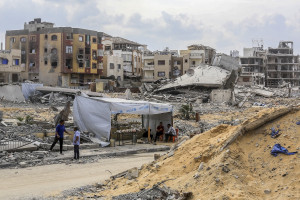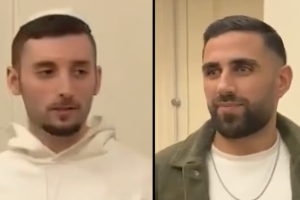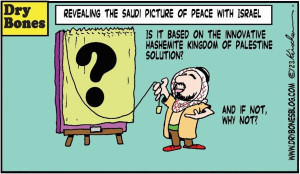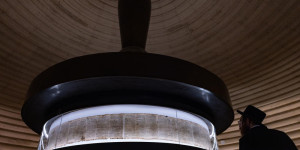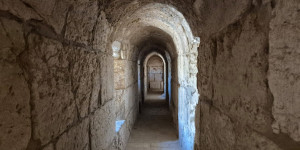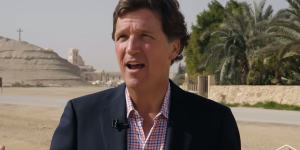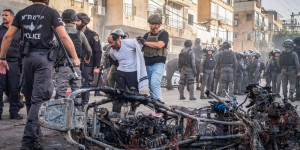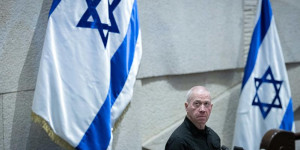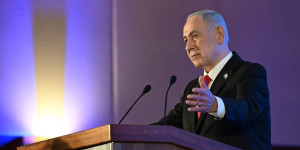The inside story of what’s going on in Gaza – Part 1
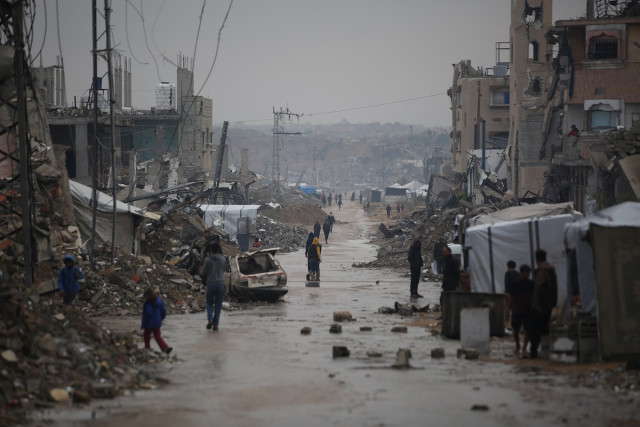
You can’t get more of an inside story on what Gaza looks like today than what was covered last Thursday on the Israeli Channel 12 (N12) evening news.
Taking on this special project, their cameras went into the heart of the city, interviewed ordinary Gazans, armed militia opposition members and anyone who had the courage to speak to them.
N12 journalist, Ohad Chemo, who is fluent in Arabic, also spoke to the head of the opposition militia to ask how feasible it is to think that they can rid Gaza of Hamas’s presence.
All this has been translated from Hebrew so that ALL ISRAEL NEWS readers can get a comprehensive look into the story other news outlets will not be able to provide, because they are not necessarily invested in telling the truth.
The goal of N12, as stated by them, was to characterize Gaza today, following two years of fighting. Is there significant relief now that a ceasefire is in place? The situation is described as being very fragile as it relates to the visual sights, the ceasefire itself and the future of Gaza.
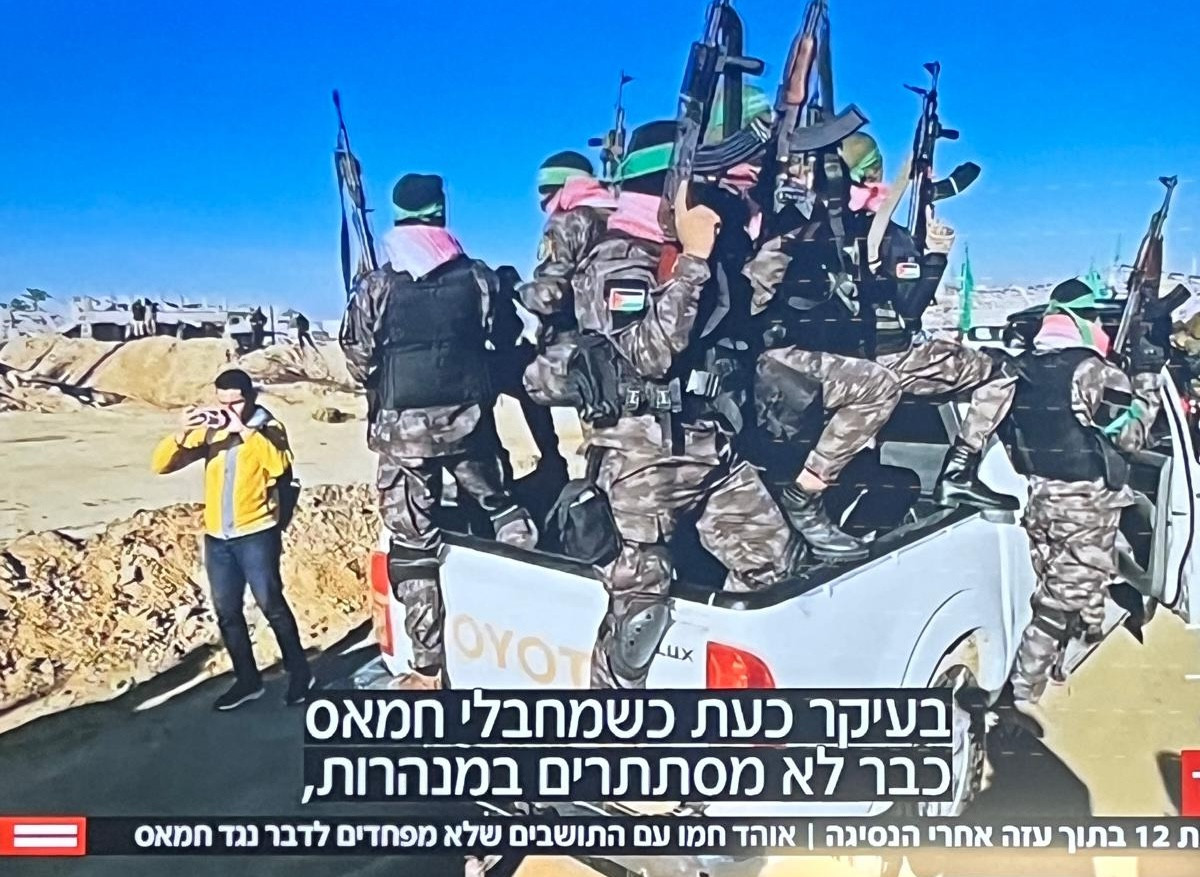
The first man to be interviewed said, “Once we looked forward to our annual trip to the sea. Now, after being there so much, all of our passion for it has left us. The sea has ruined our tents. We are suffering terribly here.
As tractors are seen, trying to clear away the massive rubble in Gaza neighborhoods, even the locals don’t recognize the areas where they once lived. Nothing is familiar to them anymore.
They lament that they are no longer permitted to go into areas which have been designated “yellow” or “red” by the IDF. Only available to them are the “green” areas. This makes it impossible for some Gazans to return to their homes which are now inside those forbidden areas controlled by the IDF. Even if they could, it’s all rubble.
One man who did return to his home, found it to be completely destroyed. Nonetheless, he said he preferred to stay there rather than go back to the city. Tents have been set up everywhere throughout the Strip. The streets and houses are all in ruin.
Amidst all of this destruction and chaos, are a few rays of hope in the unexpected opening of a supermarket, a sweets shop and even a market for new iPhones which are being brought into Gaza for the cheap price of 1100 shekels (the equivalent of $344}).
Of course, these are rare occurrences where everything else surrounding the city points to the ravages of war.
When speaking to the everyday people, they are quick to point out that Israel controls Gaza. For them, that doesn’t feel like a ceasefire but just a temporary pause to the bloodshed.
For those who filmed this special program, doing so is much easier from the perspective that at least there is the absence of mortars and shelling in the background. People are calmer, but, in spite of that tranquility, one threat has been replaced by another. That, of course, is the regrouping of Hamas which is trying to reinstate its power in Gaza. It means that people need to exercise much caution.
While Hamas formerly controlled the security situation, to some degree, no other alternative has risen. The people will tell you, without reservation, that they want another government.
They say that, as things stand, they are barely being able to find food to eat each day, so a return to war would only worsen the situation. For them, this has been a reminder that war is cruel. They saw that close up when many of their family and friends were taken from them.
Today, they live with no security, afraid to leave the house at night for fear of what could happen to them.
One man, named Ali was willing to speak candidly to the N12 reporters – taking the risk which could easily result in the loss of his life if his identity is ever discovered. He said, “Now that Hamas operatives are no longer in the tunnels, they can be seen wandering around the streets controlling Gaza again.”
To emphasize that point, the next clips aired were scenes of public beatings, shootings, torture and the worst form of cruelty imaginable. This serves to keep the population in line. Anyone who opposes Hamas will be used to illustrate the example of what awaits them if they dare challenge those in charge.
Ali says that if Hamas continues to control, no one will stay in Gaza, because the regime is just too demoralizing. As he reflects on his words, he corrects himself by saying, “Actually, that’s an understatement. We’ve gone through the worst. We’ve lost our homes, children, families, and they’re still shooting us.”
At this point, any efforts towards restoration are progressing slowly. Ali believes it will take 20 years, and even then, he’s not sure it will be restored. He credits the reason to Hamas. He confidently believes that Hamas won’t give up and pass the baton to another Arab government.
Unlike Ali, who poured out his heart, it’s not easy to get others to speak, even though the majority no longer supports Hamas. There is a real fear of reprisals, but another Gazan did face the cameras and defiantly say, “We’re here in the land, whether Trump likes it or not, and we will stay here.” Although others clearly feel differently.
For those who now see Hamas as a bitter enemy, the devastation around them is a constant reminder of how they destroyed Gaza and persecuted the people. It is why they ask, “What kind of opposition is okay with seeing their people die for lack of food?
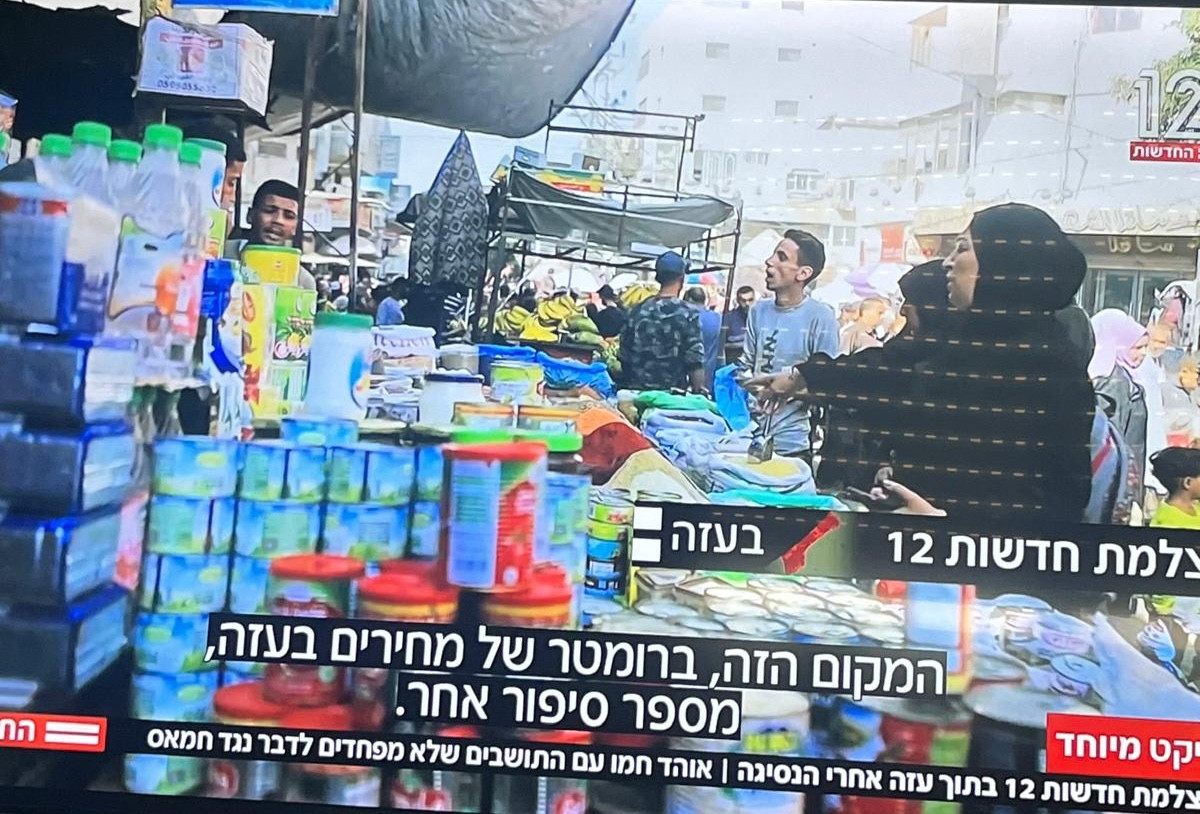
From a strategic point of view, Hamas is doing what they have to do to survive. Israel has successfully taken over the areas of Rafah and Khan Yunis without demanding the official act of a Hamas surrender. For Hamas, they view it as a “transferring of areas” without admitting defeat.
But for local Gazans, all they can see is that those who remain of their government are nothing more than “bullies and thugs,” who do not resemble a legitimate regime.
This causes many to ask, “Where’s the security we were promised? What kind of safety is there if Hamas are shooting at their own people? Why would anyone want to stay in Gaza.”
…Continued in Part 2
Want to help more people find our reporting from Israel? Leave a quick Google review of our website here.

A former Jerusalem elementary and middle-school principal who made Aliyah in 1993 and became a member of Kibbutz Reim but now lives in the center of the country with her husband. She is the author of Mistake-Proof Parenting, based on the principles from the book of Proverbs - available on Amazon.
You might also like to read this:


